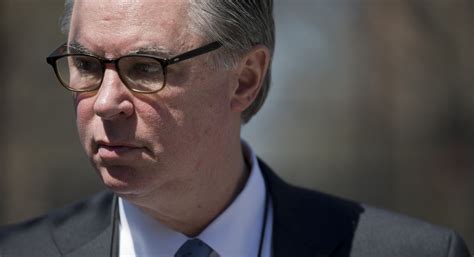A Quote by Kate Garraway
I think if a youngster leaves school unable to read you're kind of condemning them to a life of poverty and a life of lack of potential.
Related Quotes
Government programs aim at getting money for poor people. Our hope was that knowledge would in the long run be more useful, provide more money, and eventually strike at the system-causes of poverty. Government believes that poverty is just a lack of money. We felt, and continue to feel, that poverty is actually a lack of skill, and a lack of the self-esteem that comes with being able to take some part of one's life into one's own hands and work with others towards shared-call them social-goals.
From the standpoint of the child, the great waste in the school comes from his inability to utilize the experiences he gets outside the school in any complete and free way within the school itself; while, on the other hand, he is unable to apply in daily life what he is learning at school. That is the isolation of the school — its isolation from life.
I see all this talent, all this...this energy and brightness and...potential. Yes. Potential. And I cannot for the life of me see how you can be content to live this tiny life. This life that will take place almost entirely within a five mile radius and contain nobody who will ever surprise you or push you or show you things that will leave your head spinning and unable to sleep at night.
My parents, neither one of them went to college. That wasn't available to them. But, you know, we had a wonderful life. You know, it - you know, we lived in what would now be considered poverty, but, you know, it didn't feel like poverty when I was living it. I had a great time and got a - had a great experience. I went to Catholic school through high school. I had a wonderful education.
There are two kinds of books in the world--the boring kind they make you read in school and the interesting kind that they won't let you read in school because then they would have to talk about real stuff like sex and divorce and is there a God and if there isn't then what happens when you die, and how come the history books have so many lies in them.
By the Reagan era, the 'culture of poverty' had become a cornerstone of conservative ideology: poverty was caused not by low wages or a lack of jobs but by bad attitudes and faulty lifestyles. The poor were dissolute, promiscuous, prone to addiction and crime, unable to 'defer gratification' or possibly even set an alarm clock. The last thing they could be trusted with was money.
































